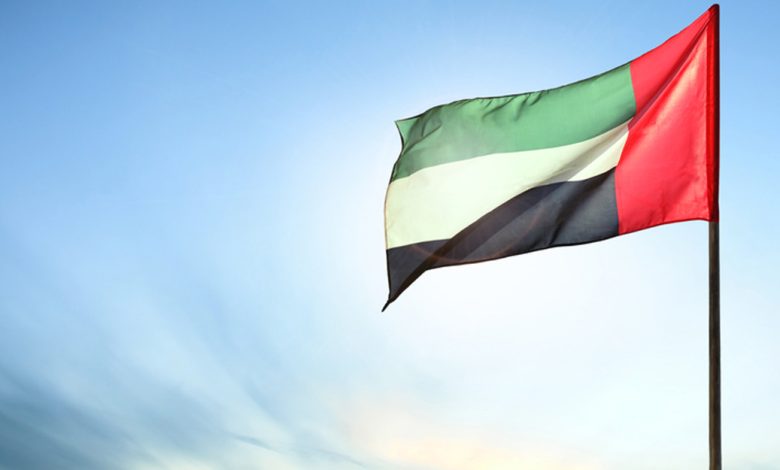UAE at Security Council: No alternative to Libyan-Libyan dialog to resolve crisis

The United Arab Emirates Mission to the United Nations has confirmed that there is no alternative to the Libyan-Libyan political dialog as the only way to end the crisis in the country.
During a Security Council meeting on the International Criminal Court, UAE Deputy Ambassador Mohammed Bushehab said that the situation in Libya is characterized by uncertainty, competition for power, the mobilization of militias, and the unclear course of the political process.
“We hope that our Libyan brothers will overcome this critical phase”, Bushehab said.
The UAE official expressed his country’s welcome to all Libyan efforts to achieve these goals, reiterating the call on all Libyans to avoid tensions and differences, and praising the good ambitions and the UN initiative, and Egypt’s hosting of all parties; to facilitate dialog on the constitutional basis for resolving the Libyan crisis.
He added: “In order to avoid escalation and division, we reaffirm here the importance of the Joint Military Commission (5+5) maintaining its neutrality and distancing itself from the current political tensions”.
“We also stress the need to strengthen the permanent ceasefire agreement, including the simultaneous, phased, gradual and balanced withdrawal of forces, foreign fighters and mercenaries from Libya”, he added.
“Efforts to implement the action plan to withdraw these forces would promote greater stability in Libya and contribute to the prevention of atrocity crimes”, Bushehab said.
The United Arab Emirates considered that the Member States (of the Security Council) bore the primary responsibility for the implementation of international law, including international humanitarian law, as well as the prevention and suppression of atrocity crimes, including war crimes and crimes against humanity. Accountability for serious crimes, fighting impunity and seeking justice for victims also prevails.
That must be done in accordance with the fundamental principles of international law, including respect for the sovereignty and independence of States, and the principle of complementarity must be adhered to under the Rome Statute of the International Criminal Court, which required respect for the views and positions of the State concerned.
Achieving justice, which is a national sovereign jurisdiction, requires establishing lasting peace on Libyan territory by supporting national efforts and building capacity in Libyan institutions to achieve accountability and implement transitional justice mechanisms. It also requires advancing Libyan initiatives and efforts, as well as UN and international efforts as a whole, to facilitate and support national reconciliation processes aimed at ensuring long-term stability.
In this regard, the UAE official welcomed the ongoing communication and meetings between the International Criminal Court and the competent Libyan authorities, and the Libyan cooperation established with the Court on the basis of the memorandum of understanding signed between the Libyan Attorney General’s Office and the Prosecutor’s Office of the International Criminal Court, according to its mandate.
Bushehab affirmed the commitment of the UAE to the sovereignty, independence, territorial integrity and national unity of Libya. We hope that concerted efforts will be made to put an end to the current division and to ensure that no measures are taken that may undermine the progress made in the past period.












